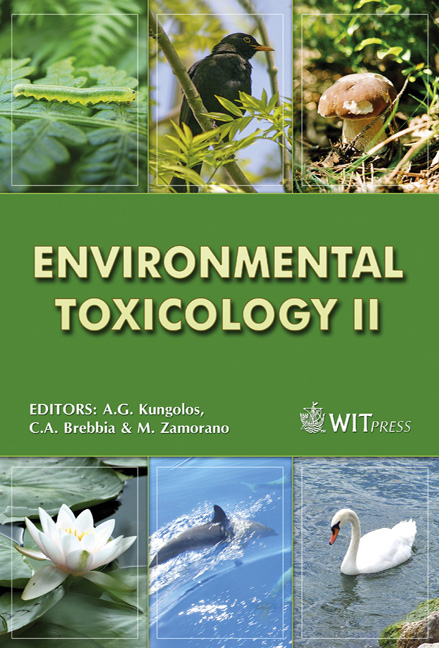Agricultural Practices That Reduce Greenhouse Gases (GHGs) And Generate Co-benefits
Price
Free (open access)
Transaction
Volume
110
Pages
9
Page Range
61 - 69
Published
2008
Size
429 kb
Paper DOI
10.2495/ETOX080071
Copyright
WIT Press
Author(s)
K. Duncan
Abstract
Human activities are increasing atmospheric greenhouse gas concentrations, and increasing temperature. The atmospheric concentration of carbon dioxide (CO2) increased from a pre-industrial level of 280 ppm to 379 ppm in 2005, methane (CH4) increased form 715 ppb to 1774 ppb, and nitrous oxide (N2O) increased from 270 ppb to 319 ppb, and globally averaged surface temperatures increased 0.6 + 0.2o C over the 20th century (Alley 2007 Climate Change 2007: the Physical Science Basis. Summary for Policymakers. In IPCC Fourth Assessment Report, pp. 1-18). Stabilizing atmospheric GHG concentrations will require effort in every sector of the economy, including agriculture, forestry, manufacturing, minerals, and oil and gas. Agriculture, however, has a particularly important role to play in terms of carbon sequestration (Pew Center on Global Climate Change 1999 Agriculture’s role in addressing climate change. http://www.pewclimate.org/ policy_center/ policy_reports_and_analysis/brief_agricultures. February 8, 2005; and McNaughton 2001 A Workbook on Greenhouse Gas Mitigation for Agricultural Managers. Alberta Environmental Sustainable Agriculture). Agricultural practices that offset or reduce GHGs (e.g. store carbon in plants and soil, or decrease methane and nitrous oxide emissions from agricultural lands and livestock) may also have a positive impact on the quality of air, soil, water, wildlife habitats, and indeed the broader environment (U.S. Environmental Protection Agency 2004 Environmental co-benefits of sequestration practices. http://www.epa.gov/sequestration/co-benefits.html. March 1, 2005). This paper therefore identifies agricultural practices that reduce GHGs and generate environmental and economic co-benefits. Keywords: climate change, agriculture, greenhouse gas reductions, economic and environmental co-benefits.
Keywords
climate change, agriculture, greenhouse gas reductions, economic and environmental co-benefits.





